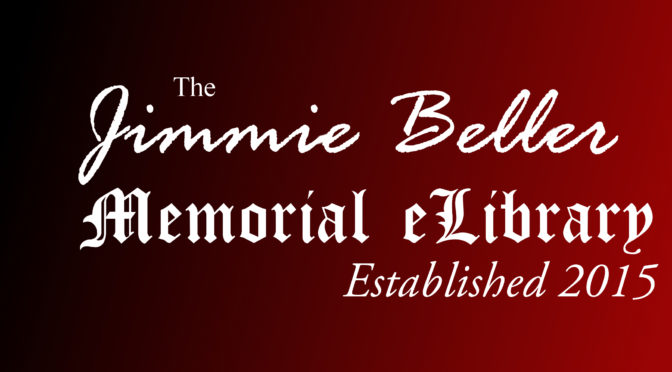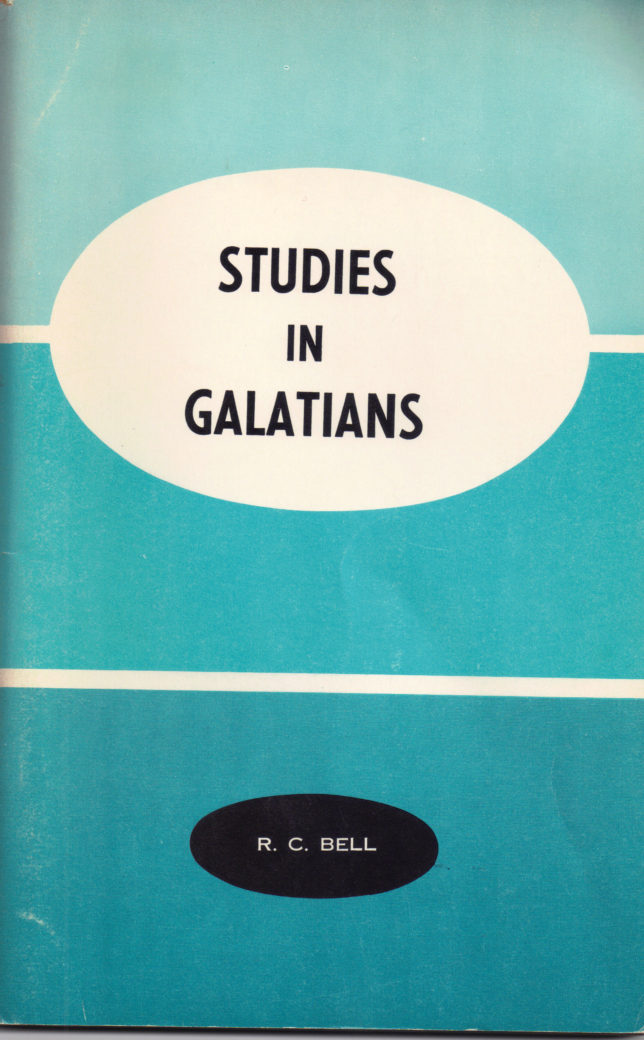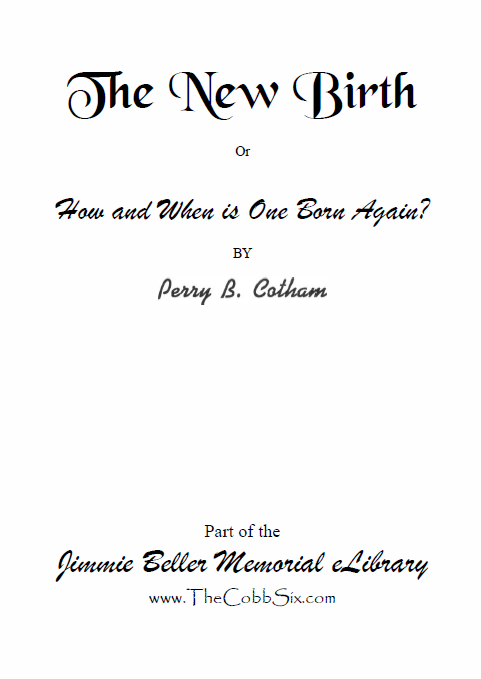Simon Peter’s Experiences During the Passion Week
The Cursing of the Fig Tree
On Monday of Jesus’ final week, Peter walked with Jesus and the rest of the apostles from Bethany towards Jerusalem. Jesus saw a fig tree, but it had no figs on it, so Jesus cursed it.1 The next morning, as they walked by the same spot, Peter saw the tree completely dried up, and in his amazement said to Jesus, “Master, look! The fig tree that you cursed has withered away!” Jesus responded by telling the apostles, “Have faith in God.”2
The Prophecy about Jerusalem
Later that same day, when Jesus finished teaching in the temple, one of the disciples (some have suggested that it was Peter himself)3 said to Him, “Master, look at the quality of these beautiful stones and the quality of the buildings!”4 But Jesus replied that these beautiful buildings of the temple complex would all be destroyed. After they went outside Jerusalem to Mt. Olivet, Jesus sat down and Peter came to him with Andrew, James, and John, and specifically asked him, “Tell us, when shall these things happen? What shall be the sign (of your coming and the end of the age) when all of these things are fulfilled? ”5 In response, Peter and the other three apostles are informed about the overthrow of the Jewish people, the great tribulation that would come on that nation, and the destruction of their city and temple—which Jesus called “the coming of the Son of man.”6
The Passover and the Foot-washing
Wednesday,7 the disciples asked Jesus what He wanted them to do so they could celebrate the Passover.8 Jesus sent Peter and John into Jerusalem, telling them that they would meet a man with a pitcher of water, and that they were to follow him into his house, and ask him where the guest room was so that they could eat the Passover. Then Peter and John prepared the Passover meal for Jesus and the rest of the apostles.9
While the Passover was being observed,10 Jesus stood up and wrapped Himself with a towel and began to wash the feet of the apostles, and to dry them with the towel. When He came to Peter, the apostle tried to stop Him, saying, “Lord, you wash my feet?”11 Jesus kindly answered, “You don’t know what I’m doing now, but you will know after this.” Peter still wasn’t having any of it and said, “No! Never shall you wash my feet!”12 But Jesus silenced this protest with a warning: “If I don’t wash you, you have no part with me.”13 In other words, if Peter refused, he would be giving up his apostleship and all of the promises that were made to him. So, Peter responds, “Lord, not only my feet, but [also wash] my hands and my head!”14 The Lord said washing Peter’s feet would be enough, and took the opportunity to again foretell that one of them wasn’t faithful. Afterwards, He explained to them that they needed to be servants, and not try to be masters over others.15
-Bradley S. Cobb
1 Mark 11:12-14. The chronology of the Passion Week is best served by Mark, who gave specific time markers, such as “on the morrow” (11:12) and “in the morning” (11:20), and “after two days” (14:1).
2 Mark 11:20-22. Jesus gave more in response, emphasizing the strength and power of faith, in verses 23-24, but it is all summarized in the phrase “Have faith in God.”
3 See Robertson’s Word Pictures on Mark 13:1. The reasoning behind this suggestion is because Mark gives the exact quote of what was said, and many believe that Mark’s main source of information was Peter himself.
4 Mark 13:1, mixed with the information (beautiful stones) given in Luke 21:5. The word translated “what manner” (KJV) is a description of the quality of something, hence our translation above.
5 Mark 13:2-4. The section given in parentheses above come from Matthew’s account of their questions (Matthew 24:3). For the Jew, the destruction of the temple symbolized the “end of all things” (1 Peter 4:7), so it is no wonder that they would associate this with “the end of the world” (KJV) or “the end of the age” (NKJV). See McGarvey’s comments in The Fourfold Gospel, pages 619-620, and his Commentary on Matthew and Mark, page 204.
6 Matthew 24:27, 30. Among faithful brethren, there is a disagreement over whether Jesus’ discourse on the destruction of Jerusalem continues past verse 34. Many (both conservative and liberal) believe it continues through the end of chapter 25; while many (both conservative and liberal) believe that beginning in 24:35, Jesus speaks of the end of the universe. Part of this disagreement is based on the translation of verse 3, “the end of the world” (KJV) vs. “the end of the age” (NKJV). If it is “the end of the world,” then it would make sense that Jesus addresses that topic. But if it is “the end of the age,” then it could be a reference to the Jewish age—which in practice ended AD 70. It’s validity ended no later than the day of Pentecost, AD 30 (Acts 2).
7 See the notes dealing with the final Passover meal in the chapters on Andrew and John for more specifics. To the Jew, what we consider to be Wednesday evening would have been the beginning of Thursday (their new day started at 6pm).
8 Mark 14:12; Matthew 26:17.
9 This information is found in Luke 22:7-13.
10 The KJV of John 13:2 says “supper being ended,” but this cannot be the correct translation. Jesus sat back down at the table (verse 12), and was still eating (verse 26) after this. Almost every other translation (except the NKJV) renders this as “during supper” (ASV, ESV, McCord) or “while they were at the supper” (Living Oracles).
11 John 13:6. The Greek order of this phrase put emphasis on the pronouns, and is most literally translated: “You of me wash feet?”
12 John 13:8. Literally, Peter says, “No, not … into the ages!” It’s a very strong statement, saying that even into eternity, he will not let Jesus wash his feet.
13 John 13:8.
14 John 13:9. Peter didn’t just want a part with Jesus; he wanted as big a part as possible!
15 John 13:10-20. The apostles had several times argued over who was the greatest among them; and they would do it again this same night—after Jesus gave them this lesson. The principle of being a servant is something that they didn’t quite understand until after the resurrection.







